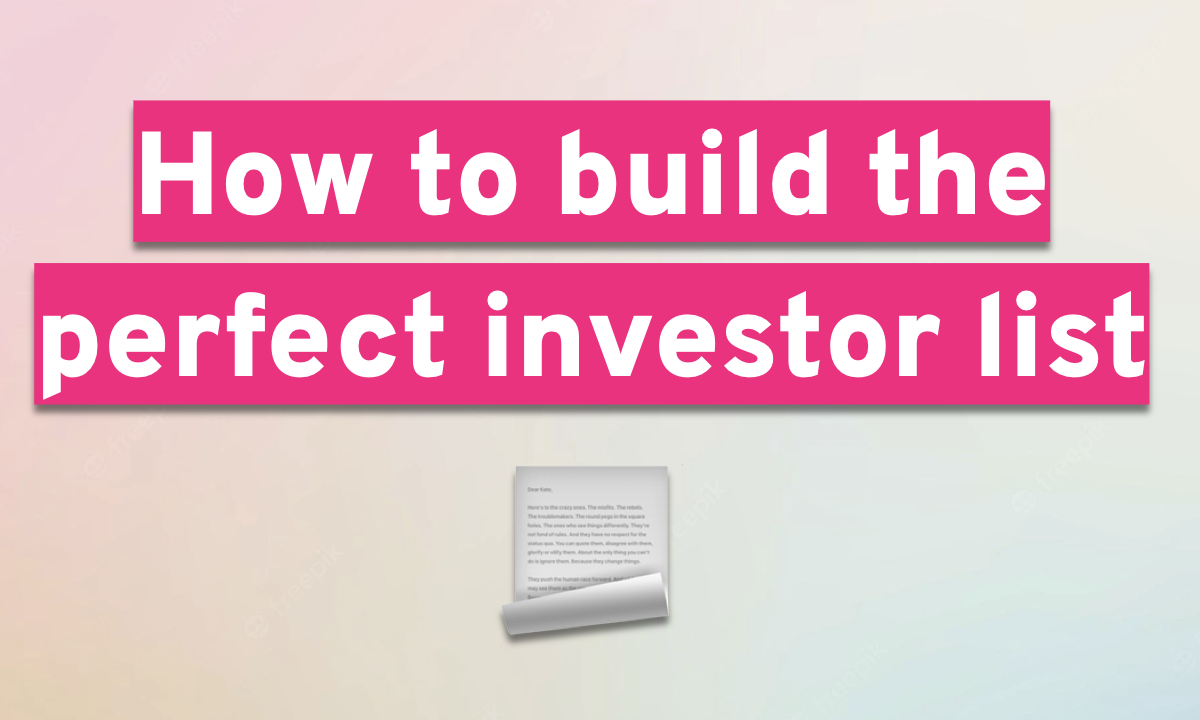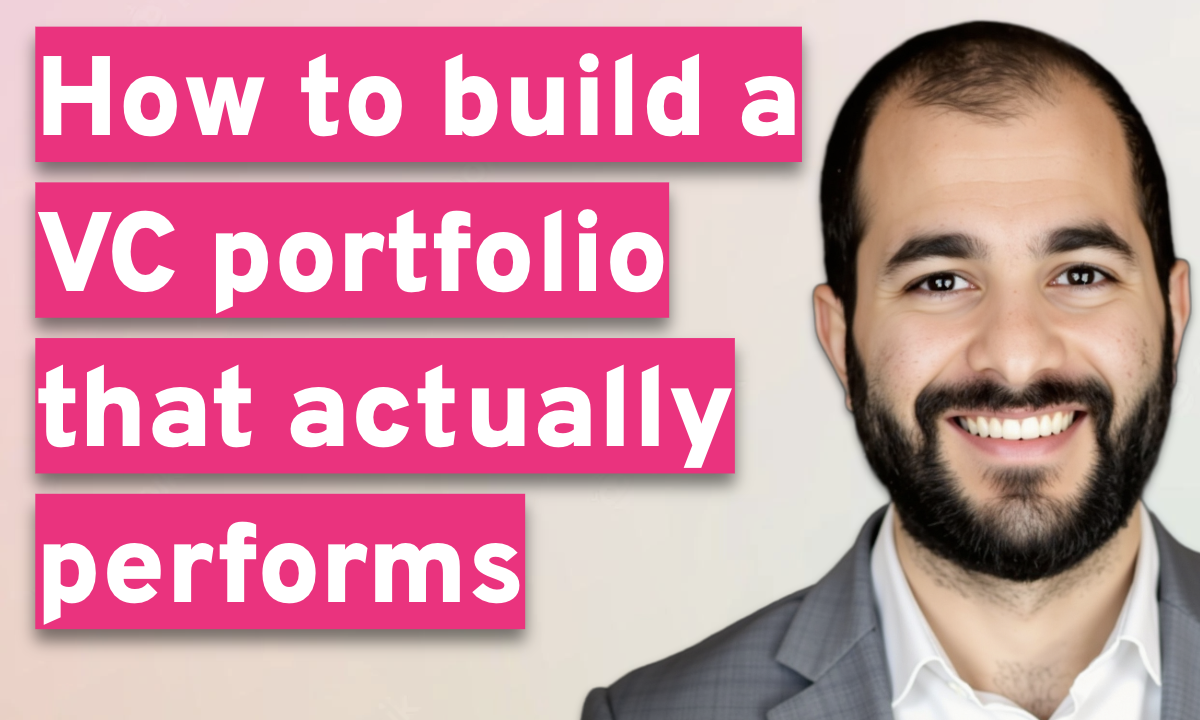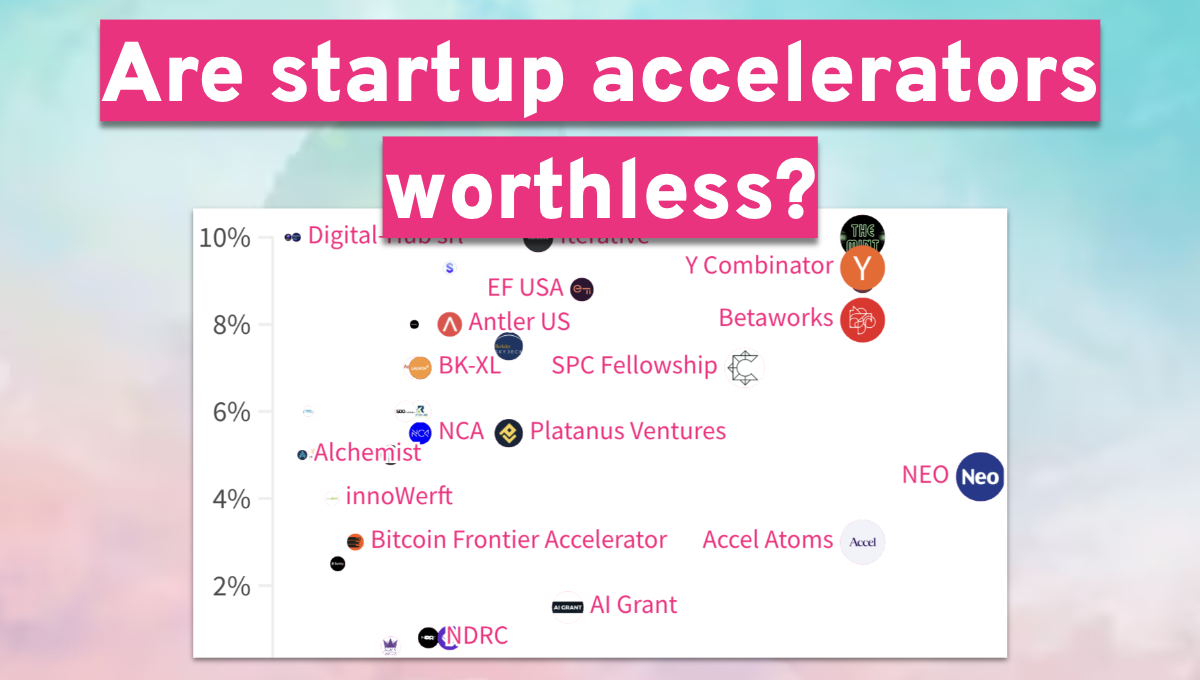InnoSource Ventures is the innovation department of Swiss Family Office Toledo Capital. We work closely with startups to build strategic value and reduce risk - creating more alignment between visionary founders and long-term capital.
“We want to raise from Family Offices...”
That’s probably the sentence I hear most often from founders.
Whether it's after I speak on a panel, during a networking event, or in one of the 80–100 cold pitches we receive each week at InnoSource Ventures, the message is the same:
- “We want to work with Family Offices.”
- “Can you connect us to a Family Office?”
- “We’ve heard Family Offices are more founder-friendly.”
I understand the appeal. But what I’ve learned - through countless conversations and interactions - is that most founders don’t really know what a Family Office is , what they do, or how (and if ) they actually invest in startups.
So, let’s break it down clearly, directly, and from someone who's inside the system but not blinded by it.
Table of Contents
What Founders Get Wrong About Family Offices
When I ask why they’re targeting Family Offices, founders usually say:
- “They’re patient capital.”
- “They’re not like VCs.”
- “They care about legacy.”
- “They’re philanthropic.”
- “They think long term.”
There’s a thread of truth in some of these - but not enough to hang your fundraising strategy on.
The biggest issue?
Founders see Family Offices as alternative VCs , when in reality, they're a different world entirely. And entering that world requires a different understanding, mindset, and approach.
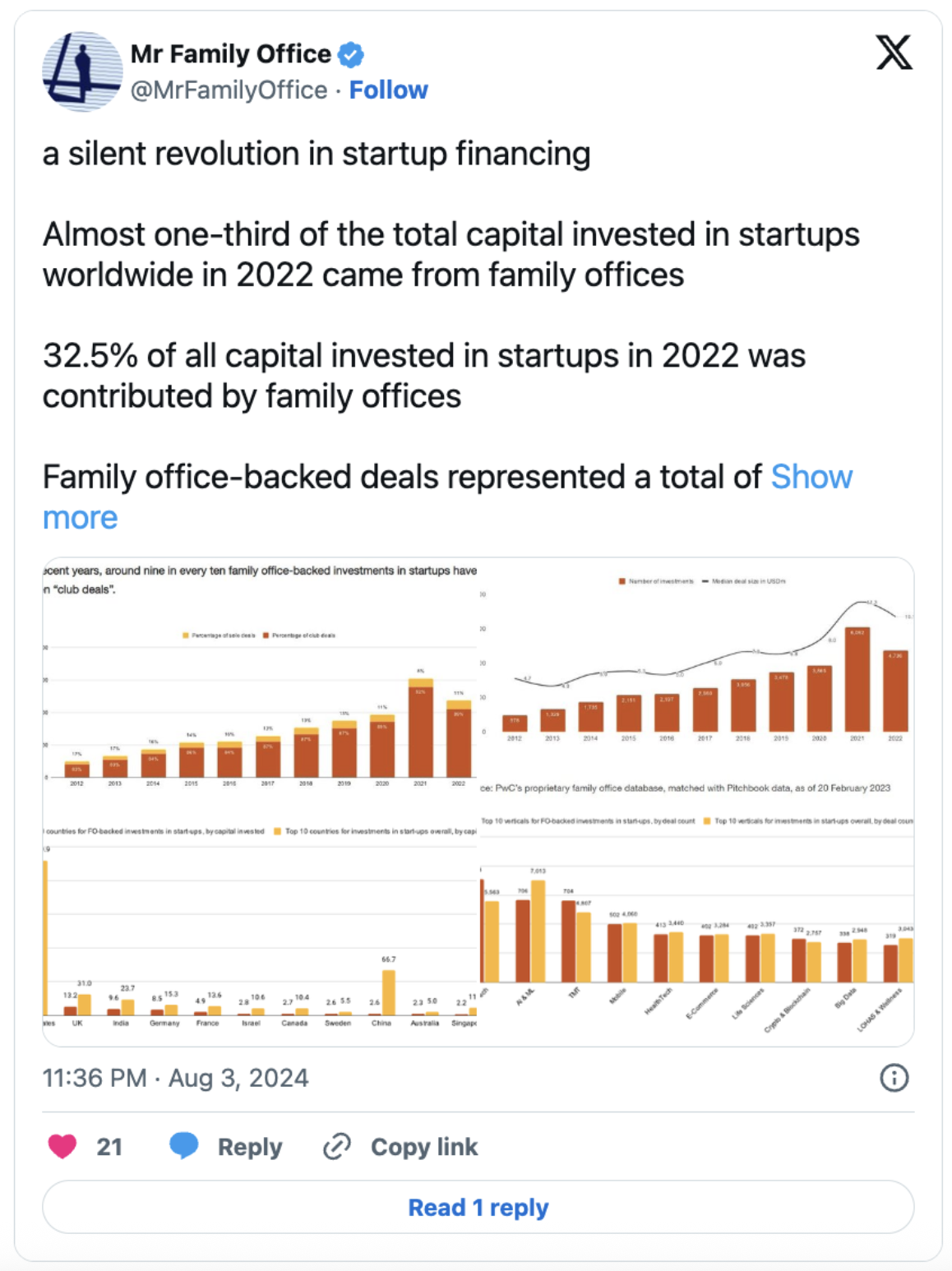
Step One: What Is a Family Office?
Let’s start with the basics. If you’re going to target Family Offices, you need to understand what you’re targeting.
Single Family Office (SFO)
- Manages the wealth of one family.
- Deeply shaped by the family’s origin, values, and personality.
- If the principal (i.e. the family member) is an exited tech founder, they may have an appetite for startups. If they built generational wealth through industry, their risk profile is likely more conservative.
Multi-Family Office (MFO)
- Manages the wealth of multiple families.
- Structured more like a private bank or asset manager.
- Often prioritizes capital preservation over capital growth.
- Investments are typically more institutional and structured - early-stage startup investments don’t always fit.
At InnoSource Ventures , we sit within this environment - but we’re here to drive innovation, value creation, and risk reduction. Our role is to help startups become compatible with these capital environments - but that only works when the fundamentals are aligned.
So, before you chase a Family Office, ask yourself: do you even know which kind you’re targeting?
“But They Do Philanthropy...”
Sure, many Family Offices do philanthropy. But here’s the important distinction:
Philanthropy ≠ Venture Investment.
Just because a family donates to cancer research or education doesn’t mean they’ll invest in your healthtech startup. Those are two entirely different buckets — usually handled by different people, with different mandates, under different structures.
That said, there are exceptions. For example, Cancer Research UK has started funding oncology-focused startups that align closely with their mission. But this is rare and highly specific.
Don’t pitch a philanthropic narrative and expect an investment. It’s not about what’s meaningful to you. It’s about what makes strategic sense for them.
Are You Speaking to the Right Person?
Another common mistake: founders pitch the wrong person.
- The principal (family member): Can make a quick decision if they like you and your story. But access is difficult unless you’re introduced.
- Family officer, banker, or external advisor: Easier to reach, but their primary job is to protect capital, not to take risks.
If your contact is on the administrative side of the FO, you need to give them a risk-adjusted reason to back you - something they can justify when reporting at year-end.
This is especially relevant for founders sending out cold emails. Most of them go nowhere, not because the startup is bad - but because it’s not reaching the person who can say yes.

Understand How Family Offices Can Invest - Structurally
This part is usually overlooked, but it’s critical.
Family Offices - especially MFOs - often require bankable, regulated investment structures. In other words, a direct investment into your startup might not even be possible within their mandate.
For example:
- A tracker certificate might be needed to facilitate exposure to your company.
- An investment might need to go through a fund or SPV.
- Direct equity could be off the table entirely.
At InnoSource, one of our roles is to help create structures that work - but not every founder is ready or flexible enough for that.
If you want Family Office money, you might need to rethink how you’re offering your opportunity.
No One Is Waiting for your Cold Email
Let me be honest: no Family Office is sitting around hoping a startup cold-pitches them.
These are deeply private, relationship-driven environments. If your message is generic, self-focused, or clueless about who they are, it won’t even be opened - let alone answered.
And even if your pitch is solid, if it’s not introduced through a trusted source, it still might not get in the door.
You need:
- A warm intro or trusted referral
- A strong reason why you’re relevant to their goals or portfolio
- A structure and timeline that makes sense for their process
Without that, it’s just another email in a crowded inbox.
In the Family Office world, it’s not just about what you say - it’s about who brings you to the table, and whether you’re speaking the language they actually care about.
Flip the Pitch: It’s Not About Why You Need the Money
I’ve sat through countless founder pitches that focus only on what the startup needs:
- “We need to extend the runway.”
- “We want to build out the product.”
- “We’re hiring a sales team.”
That’s not enough.
You need to answer:
- 🔁 What’s in it for the Family Office?
- 📈 What shareholder value are you creating?
- 💸 How and when could this lead to a return?
- 🎯 Why does this opportunity make sense for this specific Family Office?
Family Offices are not there to “help you out.” They are capital allocators. If your pitch doesn’t show value creation, alignment, and a roadmap to upside - don’t expect traction.
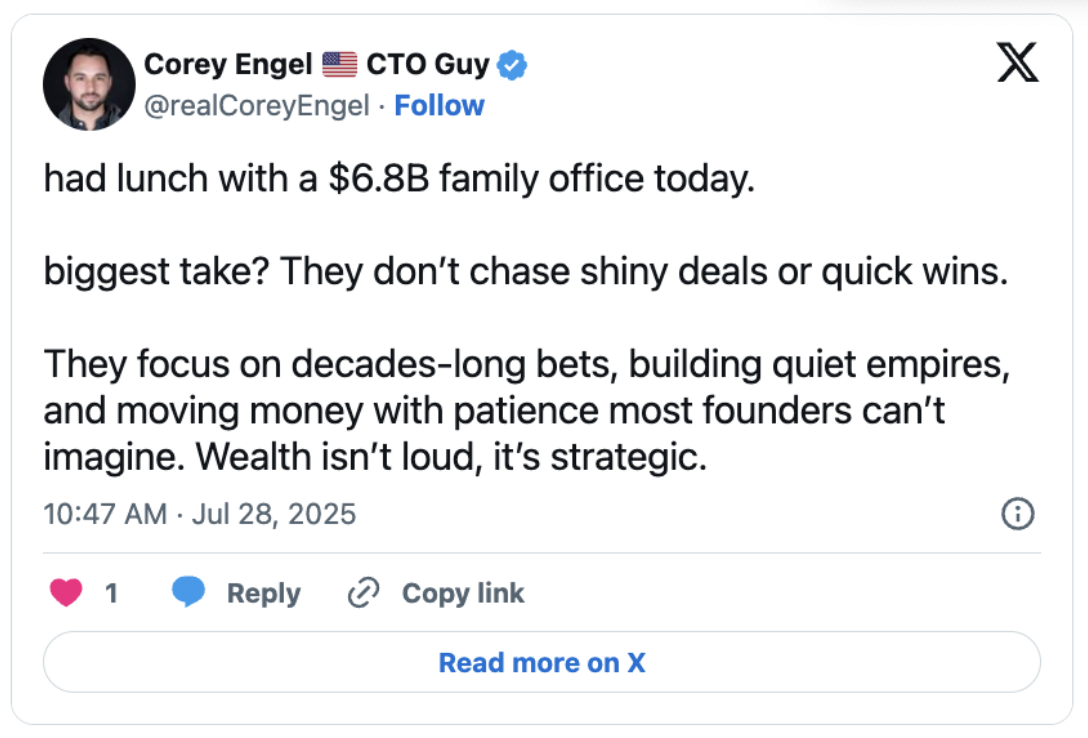
So... Are Family Offices the Right Target?
Maybe. But only if:
✅ You understand the difference between SFOs and MFOs.
✅ You know who the decision-makers are.
✅ You understand their risk appetite and mandates.
✅ You’re offering the right structure, not just the right story.
✅ You can align your venture with their long-term objectives - not just your short-term goals.
Family Offices can be incredible partners - we’ve seen it first-hand. But they’re not a fallback after VCs pass. They’re not easier. They’re not softer.
They’re selective, strategic, and structure-driven - and if you're not aligned with that, it’s better to focus your energy elsewhere.
If family offices are a fit for your startup, explore OpenVC’s curated list of 500+ family office investors.
About the author
Adina Krausz is the founding partner and CEO of InnoSource Ventures AG, an independent innovation department for the multi-family office Toledo Capital, where she also serves as a board member. She has an extensive career background in banking and wealth management. Her particular expertise lies in high-tech, startup sectors and their economic relationships with alternative investments.








